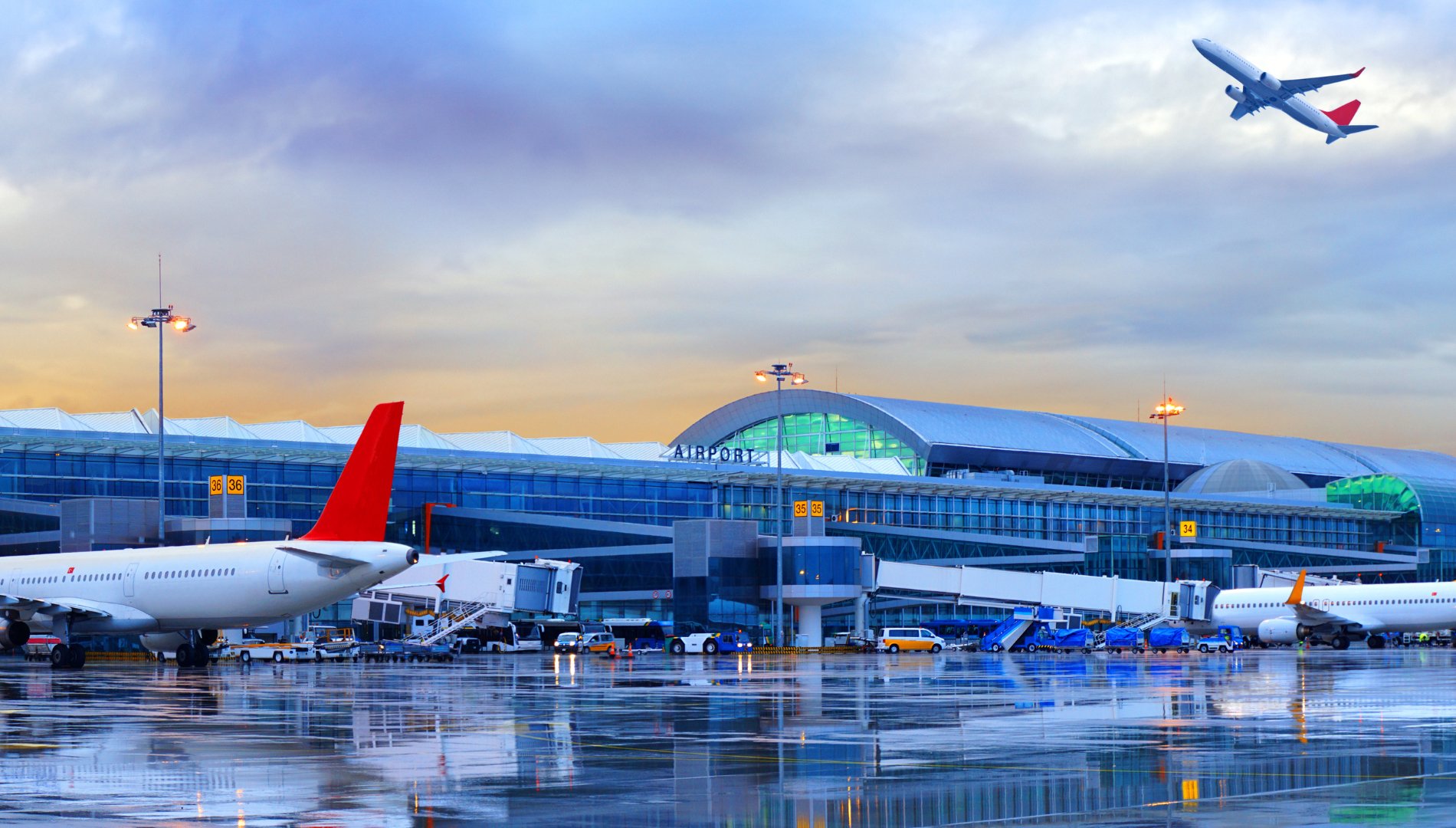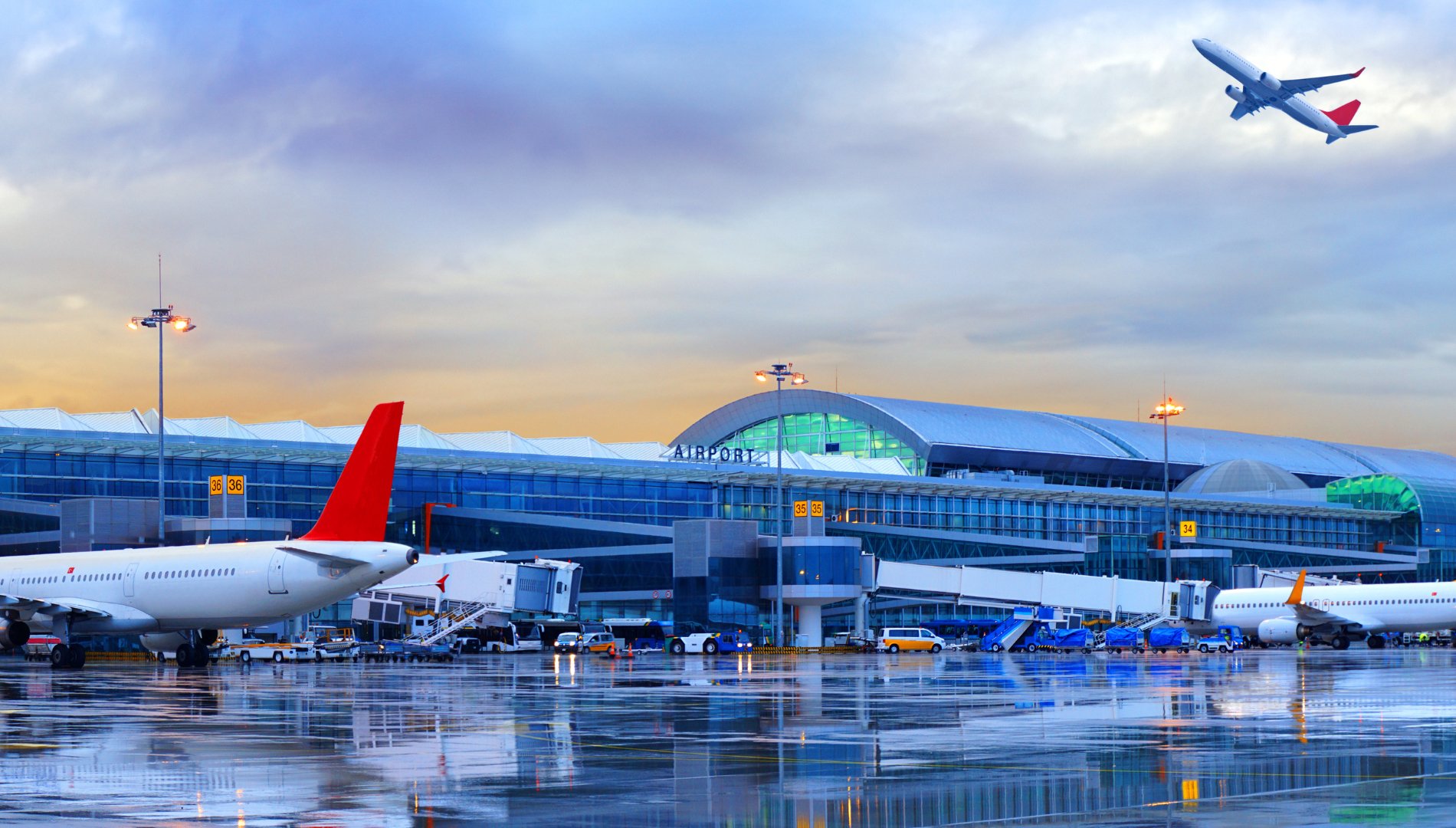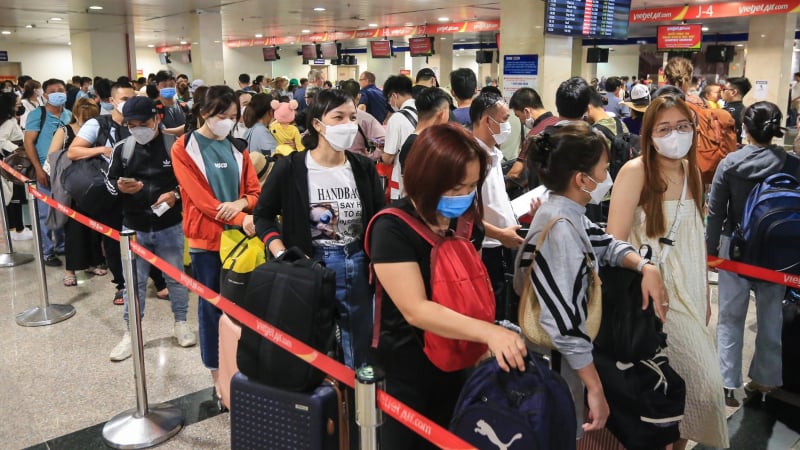New regulations from the Civil Aviation Authority of Thailand have officially come into effect, requiring airlines to compensate and provide assistance to passengers when flights are delayed or canceled.
This is seen as an important step in protecting consumer rights in the aviation sector in Southeast Asia, where delays and cancellations remain common. For international flights, airlines must provide assistance or compensation to passengers when flights are delayed or canceled without prior notice.
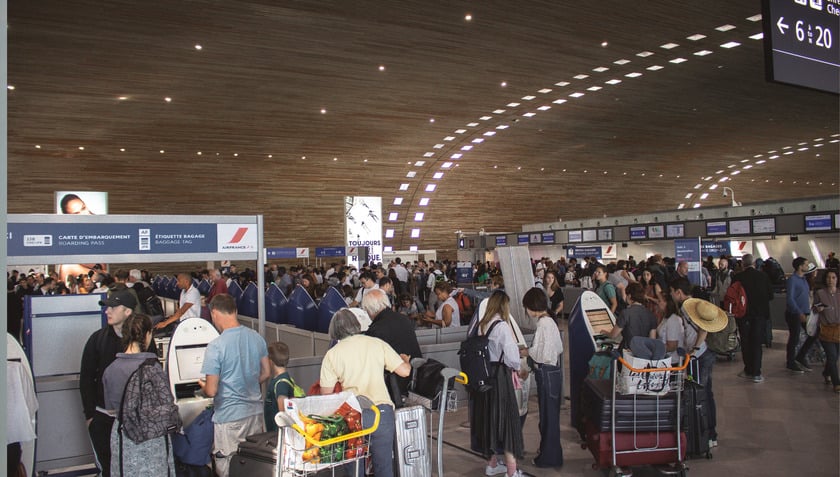
Thailand is requiring airlines to increase compensation for passengers affected by delayed or canceled flights.
If a flight is delayed by more than two hours, the airline is responsible for providing free food and drinks and free access to communication services. If the flight is delayed by more than five hours, in addition to basic assistance, passengers will be compensated 1,500 baht (approximately 1.2 million VND) in cash or equivalent form within 14 days of the incident.
For flights delayed by more than 10 hours, compensation increases with distance, ranging from 2,000 to 4,500 baht (approximately 1.6 - 3.6 million VND). For flights canceled without at least seven days' notice, the compensation is the same as for delays exceeding 10 hours.
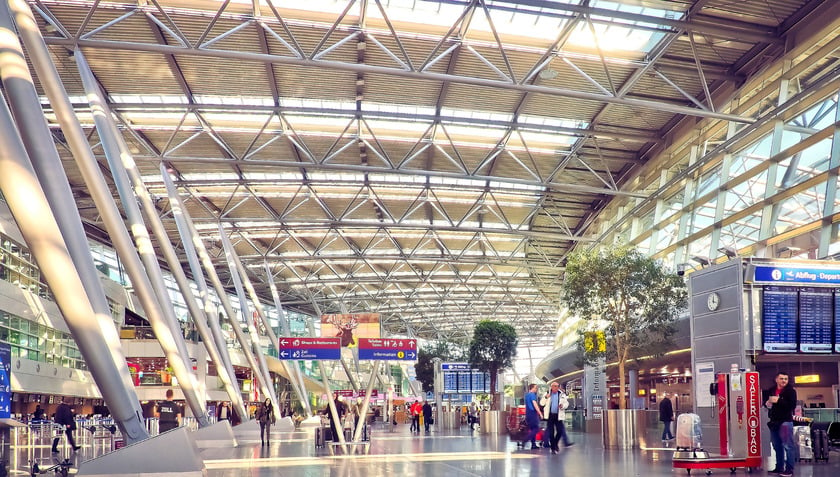
The Civil Aviation Authority of Thailand (CAAT) has announced new passenger protection regulations in accordance with Civil Aviation Council Notification No. 101.
However, the airline will be exempt from liability if it can arrange an alternative flight to the same destination within three hours before or after the scheduled time, or if the cancellation is due to force majeure events such as extreme weather.
For domestic flights, compensation for flight delays has also been increased to 1,500 baht. If passengers are already on board when a flight is delayed, the airline must ensure the cabin is well-ventilated, at a suitable temperature, and that restrooms and emergency medical services are accessible.
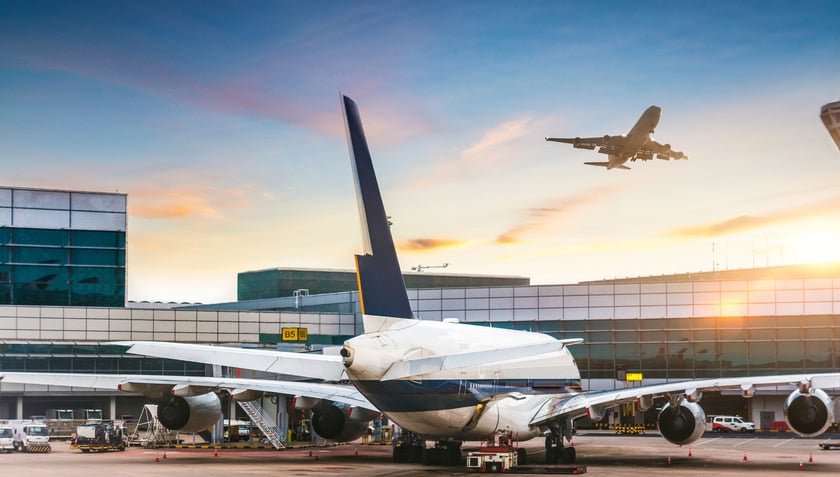
The new regulations, approved by the Civil Aviation Council chaired by Thailand's Deputy Prime Minister and Minister of Transport Suriya Jungrungreangkit, are designed to enhance passenger rights on both domestic and international flights.
Passengers who cancel their travel plans can choose to receive a refund or board other flights or alternative modes of transport to the same or nearby destinations.
Since 2004, the European Union has been a pioneer in protecting the rights of air passengers through the application of Regulation EU261. Widely recognized as one of the strongest passenger protection regulations in the world, it sets high standards for airline responsibility. When a flight is delayed for three hours or more, canceled within 14 days of the scheduled departure time, or passengers are denied boarding due to overbooking, passengers are entitled to substantial compensation, potentially up to €600 (approximately 17.5 million VND). This provides significant peace of mind and financial security for those affected by flight incidents.

These regulations are put in place to protect the rights of customers.
In the current context, Karolina Wojtal, Director of the European Consumer Centre, emphasizes that passengers are increasingly facing the reality of frequent flight cancellations or delays. Data from Skycop reveals an alarming figure: nearly 2% of flights departing from EU airports in 2024 were delayed or canceled. The total estimated compensation for these cases could reach €2 billion, demonstrating the widespread impact and significant costs borne by airlines.
Notably, according to the latest Cirium data, the Asia-Pacific region recorded over 19,000 canceled flights in April 2025. This figure is significantly higher than the 6,645 canceled flights in North America and 5,311 canceled flights in Europe, highlighting the major challenge facing the Asian aviation industry in maintaining stable flight schedules.

 VI
VI EN
EN



